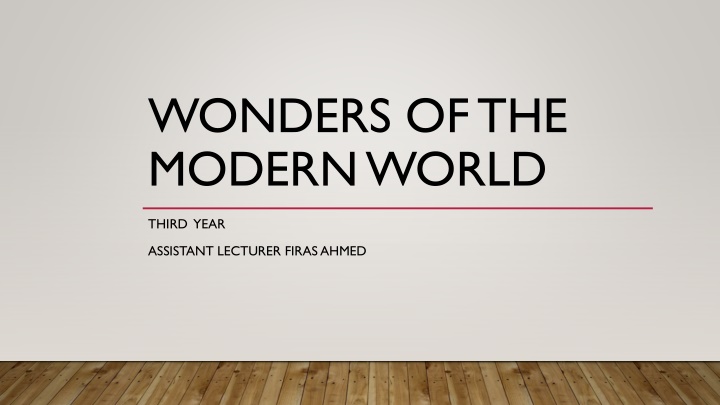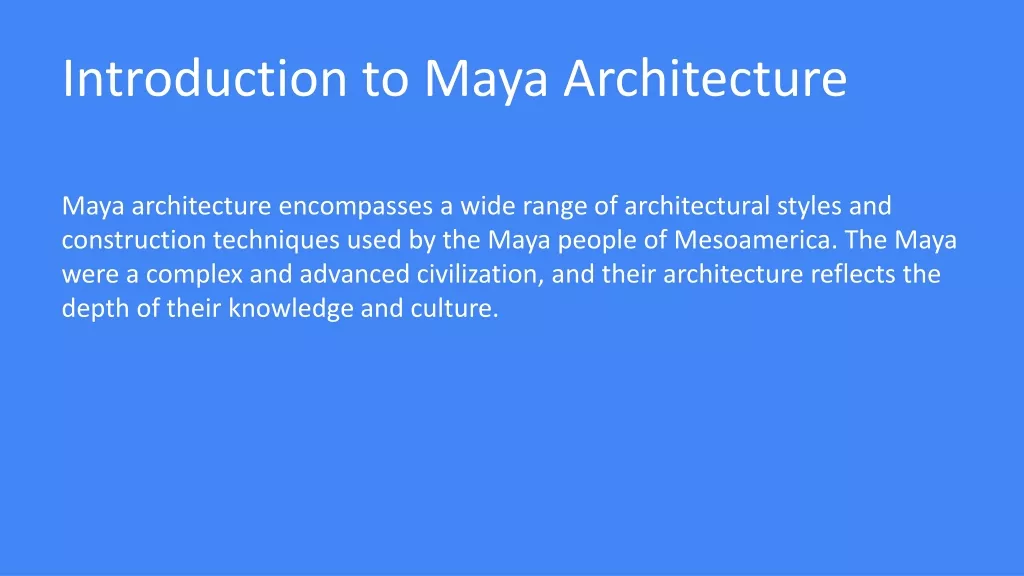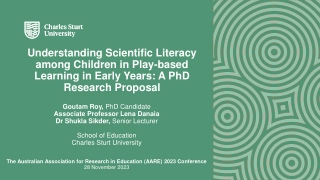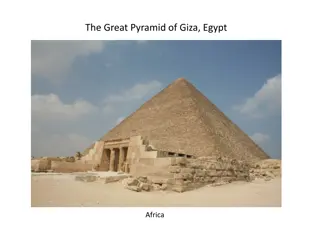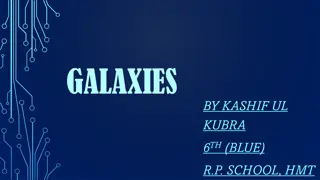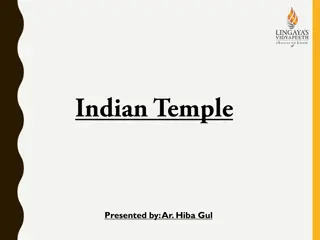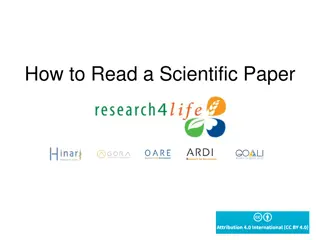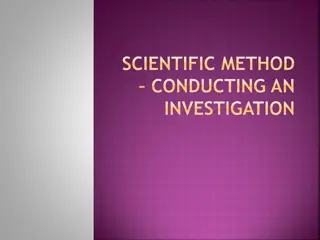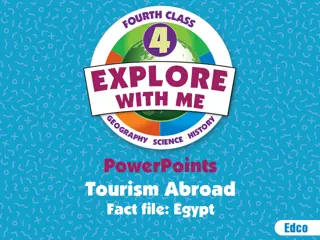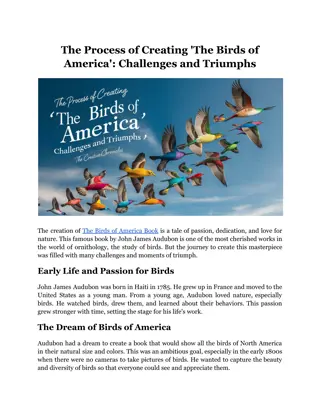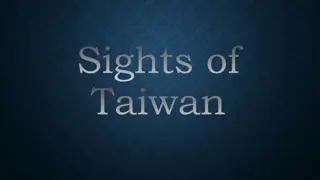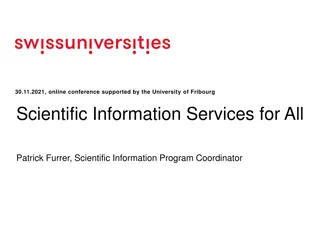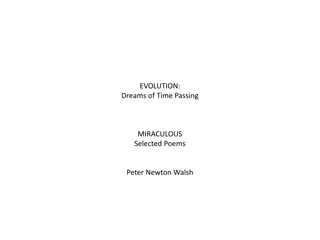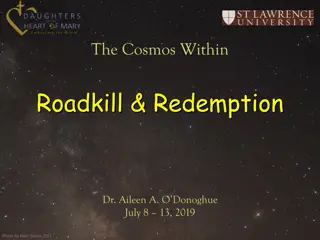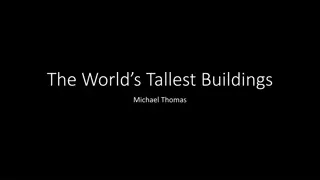Modern Wonders: Technological Marvels and Scientific Triumphs
The evolution of wonders in the modern world through technological achievements like the Internet, space travel, medical science, and global travel. Witness how these advancements have transformed our lives, shaping a new era of innovation and progress.
Download Presentation

Please find below an Image/Link to download the presentation.
The content on the website is provided AS IS for your information and personal use only. It may not be sold, licensed, or shared on other websites without obtaining consent from the author.If you encounter any issues during the download, it is possible that the publisher has removed the file from their server.
You are allowed to download the files provided on this website for personal or commercial use, subject to the condition that they are used lawfully. All files are the property of their respective owners.
The content on the website is provided AS IS for your information and personal use only. It may not be sold, licensed, or shared on other websites without obtaining consent from the author.
E N D
Presentation Transcript
WONDERS OF THE MODERN WORLD THIRD YEAR ASSISTANT LECTURER FIRAS AHMED
READ THE FOLLOWING PASSAGE: 1.I don t believe that today s wonders are similar in kind to the wonders of the Ancient World.They were all buildings,such as the Pyramids in Egypt, or other architectural structures. Over the past 100 hundred years, we have seen amazing technological and scientific achievements.These are surely our modern wonders.2.The Internet.It is everywhere.More than half a billion people use it, and the number of people who are online increases by 100 million every year. In 1994, there were only a few hundred web pages.Today there are billions.It has revolutionized the way we live and work.3.Space Travel.In 1969,Neil Armstrong stepped out of his space capsule onto the surface of the moon and made his famous statement: That s one small step for a man,one giant leap for mankind. Since then, there have been space probes to Mars, Jupiter, Saturn, and even to the sun. One day,a space observatory will study how the first stars and galaxies began.So far,it seems that we are alone in the universe.There are no signs yet that there is intelligent life outside our own solar system. But who knows what the future holds? 4. Medical Science. Surely nothing has done more for the comfort and happiness of the human race than the advances in health care. How many millions of people have benefited from the humble aspirin? How many lives has penicillin saved? Average life expectancy worldwide has risen dramatically over the past 100 years,from about 47 years in 1900 to about 77 years today.5.Travel.We are a world on the move.Airlines carry more than 1.5 billion people to their destinations every year. It is estimated that at any one time these days, there as many people travelling in aeroplanes as the total number of people who travelled abroad in the whole of the nineteenth century (but I have no idea how they worked this out).
MARK THE ITEMS AS TRUE OR FALSE. 1. According to paragraph 1, the writer believes that today s wonders are similar to the wonders of the ancient world. False 2. According to paragraph 1, the Pyramids of Egypt are surely our modern wonders. False 3. According to paragraph 2, there were so many web pages in 1994. False 4. According to paragraph 2, internet has changed our lives. True 5. According to paragraph 3, Neil Armstrong has been to Mars, Jupiter, Saturn and even the sun. False
MARK THE ITEMS AS TRUE OR FALSE. 6. According to paragraph 3, there is intelligent life outside our own solar system.False 7. According to paragraph 4, the word advances means developments. True 8. According to paragraph 4, penicillin didn t save any lives. False 9. According to paragraph 5, more people travelled in the nineteenth century than now. False 10. According to paragraph 5, more people travel now than before. True 11. The passage can also be titled Wonders of the Ancient World . False
